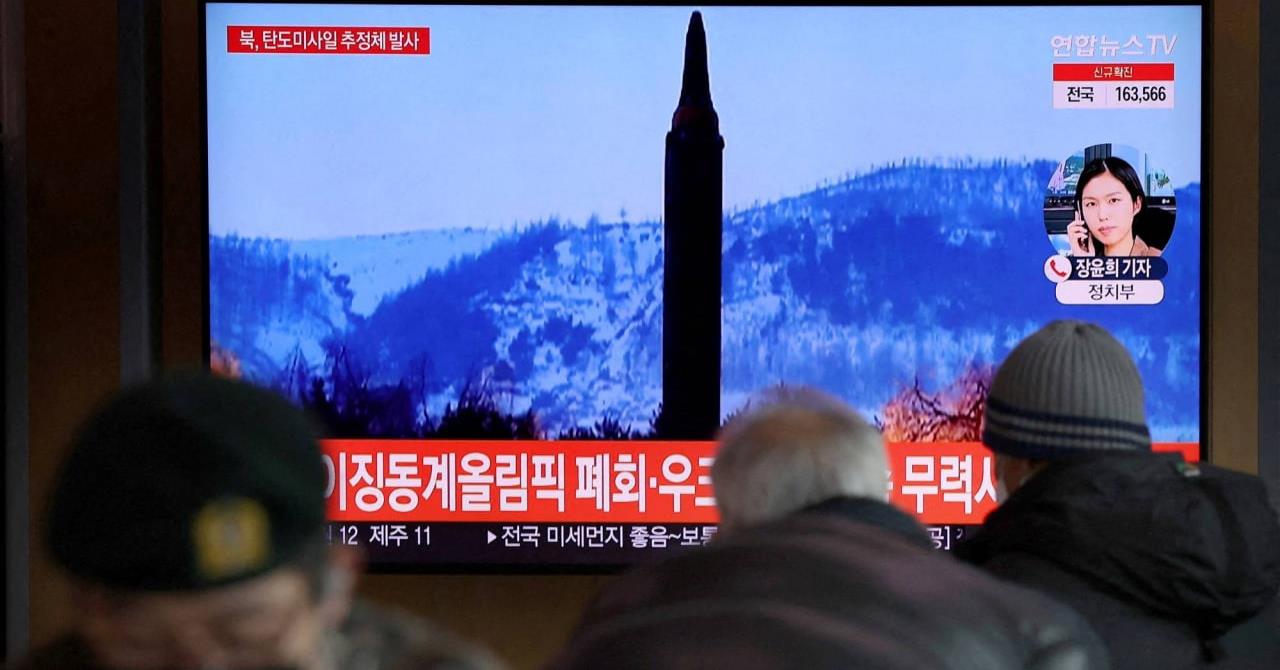TOKYO, March 16 (Japan Times) - Nuclear-armed North Korea launched an apparent ballistic missile Wednesday, local media reported, citing Japanese Defense Ministry sources, in what could be another test of long-range rocket technology.
The ministry did not immediately confirm the report.
The launch, which would be the North’s 10th this year, comes as the world’s attention is focused on the Russian invasion of Ukraine and as neighboring South Korea prepares for a presidential transition in May after last week’s election.
On Monday, the Yonhap news agency, citing unidentified South Korean government officials, reported that Seoul and Washington had detected signs of an imminent intercontinental ballistic missile test. This followed a similar report that South Korean President-elect Yoon Suk-yeol had been notified of the signs by officials from the current administration.
The U.S. said last week that North Korean launches on Feb. 26 and March 4 were intended to test elements of an ICBM system that some experts believe could be armed with multiple warheads in a bid to penetrate missile defenses.
The North said those launches were tests of a reconnaissance satellite system.
U.S. officials said those tests had pointed to a looming launch of a “monster” Hwasong-17, which experts have said is the world’s largest road-mobile missile. Some analysts said the earlier tests may have involved only one stage of the massive missile.
Pyongyang was hit with international condemnation when it last launched a satellite into orbit in February 2016, with outside experts calling the rocket launches thinly veiled attempts to master longer-range missile technology.
Rockets used to put satellites into orbit employ much of the same technology as those used in ballistic missiles — including long-range weapons like ICBMs — technology Pyongyang is banned from using under United Nations Security Council resolutions.
North Korean leader Kim Jong Un last ordered a test of an ICBM in November 2017, triggering global condemnation but demonstrating the entire continental U.S. was within striking distance of his missiles.
With the Ukraine crisis entering what some believe are crucial days ahead, the North Korean leader may have found an opportune time to ramp up testing of his more advanced weapons.
Since his longtime patrons in China and Russia have veto power as members of the United Nations Security Council, Kim may believe he can translate their ire at the U.S. into a no vote on further sanctions. Beijing and Moscow, two top U.S. rivals, have already pushed for reversing some of the sanctions already in place on Pyongyang, ostensibly as a means of jump-starting dialogue on its denuclearization.





